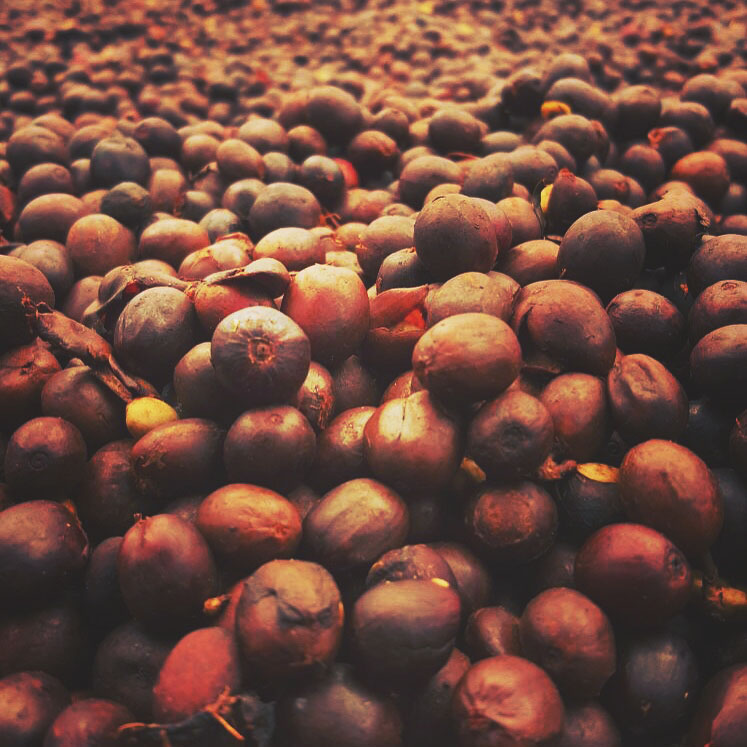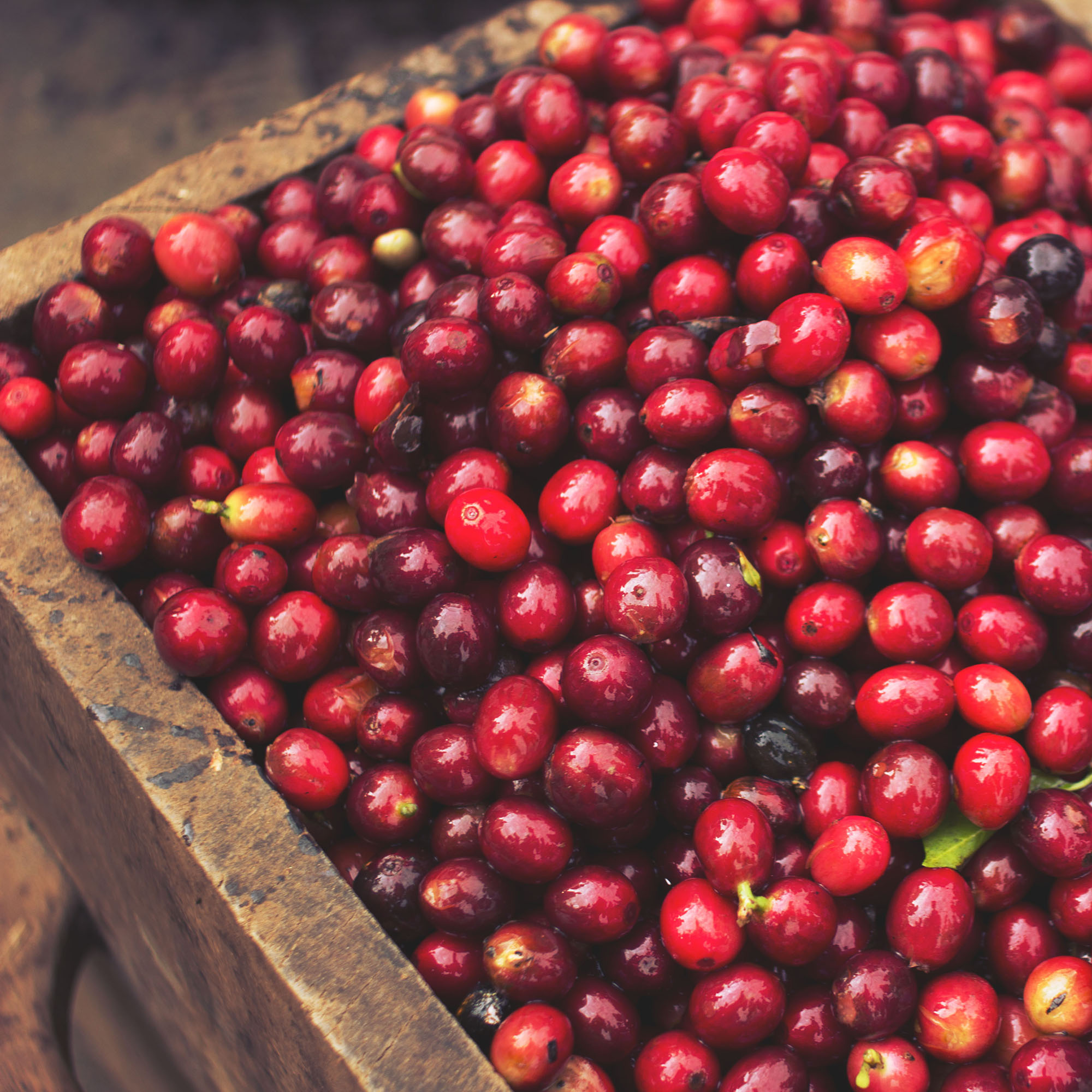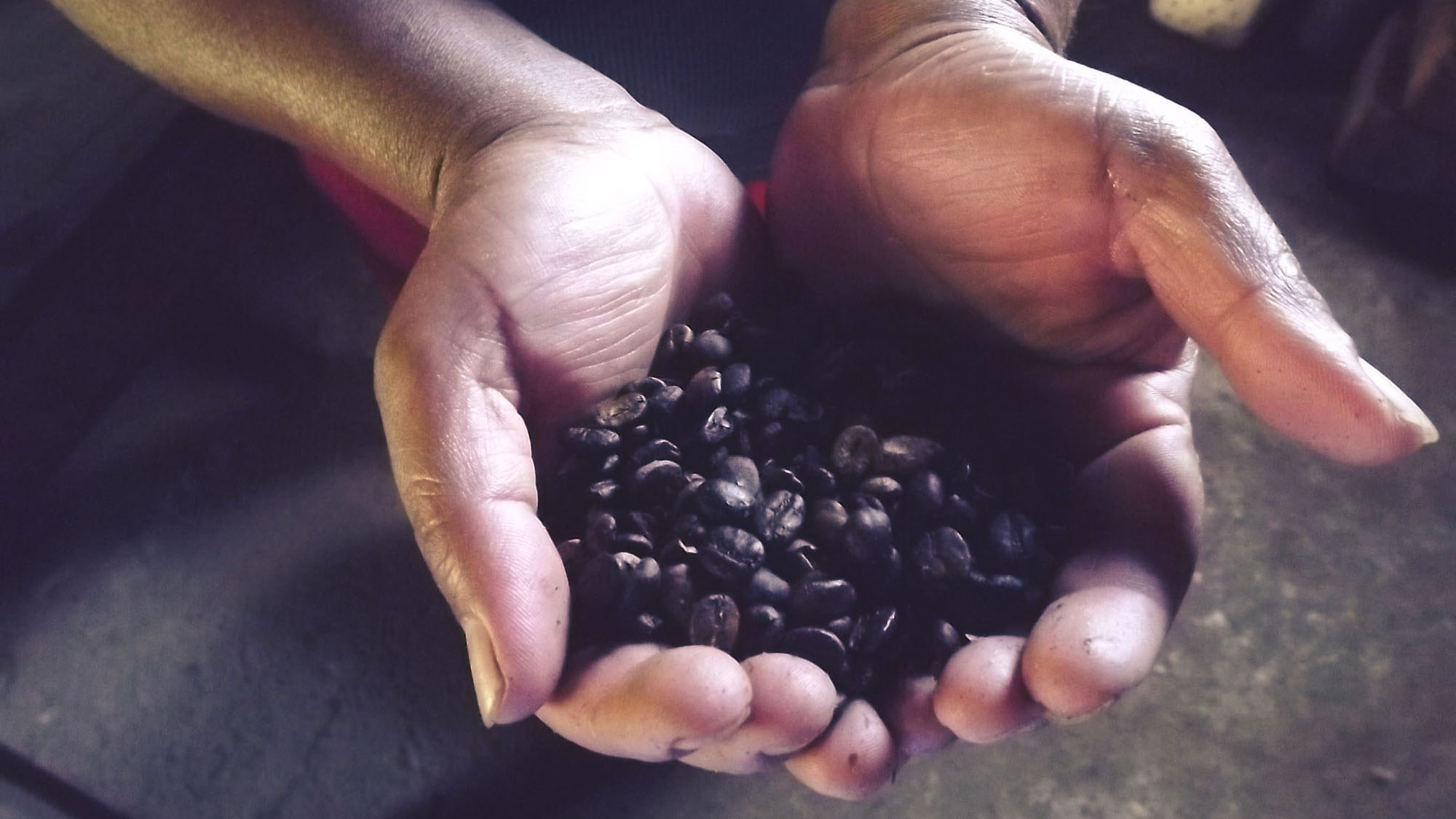Introduction: Why Sustainability Matters for Importers
Sustainability in coffee is no longer a niche concern. For international importers, it directly influences marketability, supply chain stability, and long-term business growth. Importers today are not only sourcing beans—they are also investing in ethical production, climate resilience, and transparent trade. Understanding sustainable coffee harvesting practices allows buyers to evaluate quality beyond the cup, ensuring consistent supply and strong consumer appeal.
1. The Foundations of Sustainable Coffee Production
Sustainability begins with the environmental, social, and economic pillars that govern coffee production. When growers adopt sustainable practices, they protect ecosystems, ensure fair livelihoods, and safeguard the long-term viability of coffee as a global commodity. For importers, this translates into supply stability and brand differentiation in markets that increasingly demand transparency.
2. Agroforestry and Shade-Grown Coffee Systems
Protecting Biodiversity
Shade-grown coffee is one of the most effective methods to maintain biodiversity. By intercropping coffee with native trees, farmers create habitats for birds, insects, and small mammals. This reduces pest outbreaks naturally and decreases dependence on chemical inputs.
Soil Health and Water Retention
Tree cover protects topsoil from erosion and maintains water cycles, which is crucial in regions with unpredictable rainfall. For importers, shade-grown coffee often translates into enhanced cup quality with richer flavor complexity, making it highly marketable in the specialty sector.
3. Selective Harvesting and Reduced Waste
Picking Only Ripe Cherries
Sustainable harvesting emphasizes selective picking, ensuring only ripe cherries are collected. This practice not only maximizes flavor but also reduces waste, since underripe or overripe cherries can compromise an entire lot.
Impact on Labor and Community
Selective harvesting is labor-intensive, often carried out by smallholder farmers and seasonal workers. Supporting these practices means supporting rural economies, which importers can highlight as part of their brand storytelling.
4. Processing Innovations for Sustainability
Water Conservation in Washed Processing
Traditional washed processing can consume significant amounts of water. Sustainable farms adopt closed-loop systems, recycling water and treating it before release.
Dry and Honey Processing
Natural and honey processing methods require less water, making them environmentally efficient. These methods also generate distinct cup profiles—fruity naturals and sweet, full-bodied honeys—that cater to diverse importing markets.
Energy Efficiency
Solar dryers, mechanical eco-pulpers, and raised drying beds reduce environmental impact and improve consistency in drying—a critical step for cup quality.
5. Soil and Fertilizer Management
Organic Practices
Sustainable farms often use organic composting derived from coffee pulp, animal manure, and farm waste. This reduces dependence on synthetic fertilizers and enriches soil naturally.
Carbon Footprint Reduction
By recycling organic matter and minimizing external inputs, farms reduce their overall carbon footprint—a feature importers can promote when marketing to eco-conscious consumers.
6. Certifications That Matter to Importers
For importers, certifications serve as trust markers in competitive international markets. The most relevant include:
- Fair Trade: Guarantees minimum pricing and community development support.
- Rainforest Alliance: Focuses on biodiversity conservation, climate resilience, and labor rights.
- Organic: Ensures beans are grown without synthetic pesticides or fertilizers.
- Bird-Friendly: Certification tied to shade-grown agroforestry systems.
These certifications not only assure sustainable practices but also expand access to premium buyers in North America, Europe, and Asia.
7. Climate Change Adaptation in Coffee Harvesting
Resilient Varietals
With rising temperatures and new pest pressures, many farms are transitioning to rust-resistant hybrids while maintaining flavor quality. Importers should track these innovations, as they secure long-term supply reliability.
Microclimate Management
Terrace farming, windbreaks, and diversified shade trees mitigate climate risks, ensuring yield stability. Importers benefit by sourcing from regions proactively investing in climate-smart agriculture.
8. Social Sustainability and Community Impact
Fair Wages and Worker Well-being
Sustainability extends beyond the environment. Ensuring fair wages, safe working conditions, and equal opportunities builds stable communities that sustain the industry.
Cooperative Models
Farmer cooperatives strengthen collective bargaining power and provide access to training and resources. For importers, cooperatives often facilitate traceability and consistency across larger volumes.
9. Traceability and Transparency in Sustainable Harvesting
Modern sustainability practices go hand in hand with traceability. Importers demand lot-level information that verifies both quality and ethical sourcing. Through digital tools, QR-coded bags, and blockchain tracking, exporters can now provide unprecedented transparency.
This traceability is increasingly valued by roasters and consumers, positioning importers who source sustainably as leaders in a competitive market.
10. Economic Sustainability and Market Access
Premium Pricing
Sustainably harvested coffee often earns premiums in international markets. Importers benefit not only from the higher cup quality but also from stronger marketing opportunities tied to environmental and social impact.
Long-Term Contracts
Sustainability fosters trust between growers, exporters, and importers. Multi-year agreements stabilize supply chains, reduce volatility, and allow importers to plan inventory with confidence.
11. Case Study Insights: Sustainability in Practice
Across Latin America, including countries like Nicaragua, Colombia, and Honduras, many farms have transitioned to agroforestry, implemented water recycling stations, and pursued organic certifications. These transitions consistently result in:
- Higher cupping scores
- Increased resilience to climate stress
- Improved relationships with importers through consistent traceability
For importers, these practices are not just agricultural—they are strategic advantages that strengthen market reputation.
Conclusion: Sustainable Coffee as a Competitive Advantage
Sustainable coffee harvesting practices are no longer optional—they are the standard by which international buyers evaluate suppliers. From shade-grown systems and selective picking to eco-friendly processing and community empowerment, each sustainable choice shapes the final cup and the global perception of the brand.
For importers, investing in sustainable supply chains offers more than beans. It delivers quality, reliability, and a compelling narrative that resonates with today’s conscious consumers. In short, sustainability in coffee is not only an ethical choice—it is a business advantage.



